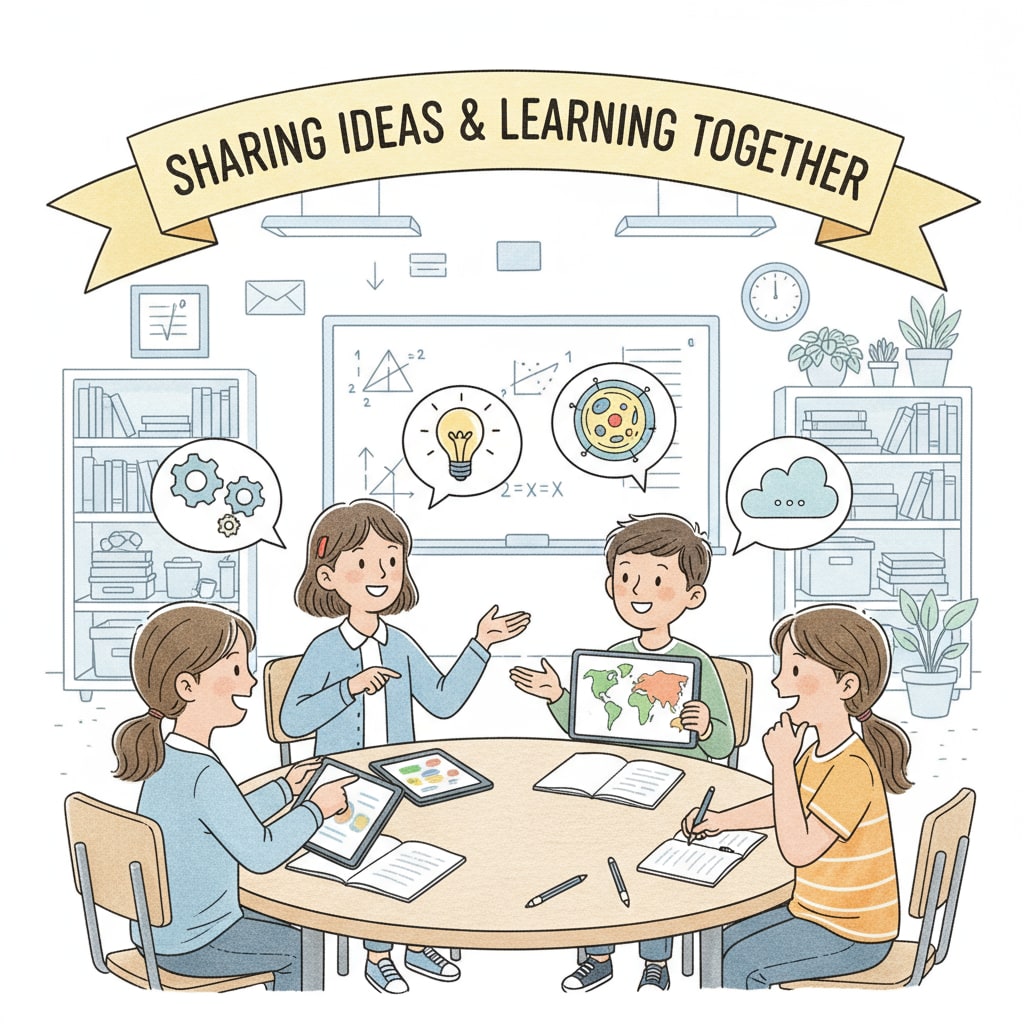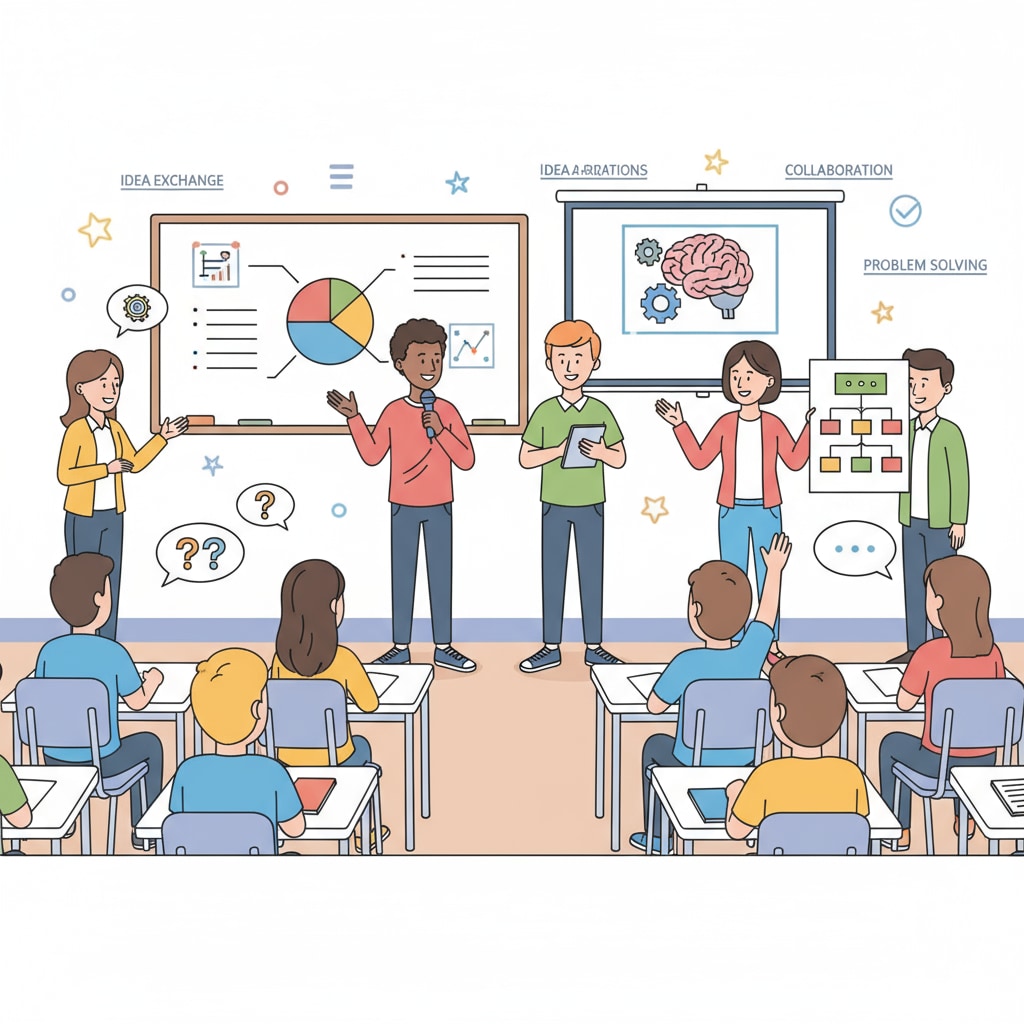Communication skills, dialogue, and listening are the cornerstones of effective interaction, especially in the K12 education phase. In this period, students are not only absorbing knowledge but also learning how to connect with their peers and teachers.

These skills play a vital role in building positive relationships, reducing misunderstandings, and enhancing the overall learning experience.
The Significance of Communication Skills in K12
Effective communication skills are essential for K12 students as they navigate through their educational journey. Good communication allows them to express their ideas clearly, ask questions, and seek help when needed. For example, in a classroom setting, a student with strong communication skills can actively participate in discussions, share their thoughts, and learn from others. According to Education.com, students who communicate well tend to have better academic performance and social integration.

The Art of Dialogue
Dialogue is more than just a conversation; it’s an exchange of ideas, thoughts, and feelings. In K12 education, promoting meaningful dialogue helps students develop critical thinking and empathy. Teachers can create opportunities for students to engage in dialogues, such as group projects and class debates. When students engage in dialogue, they learn to respect different viewpoints and build on each other’s ideas. As stated by TeachThought, these interactions can deepen their understanding of various subjects.
Moreover, dialogue encourages students to express themselves freely. It gives them a platform to share their unique perspectives, which can be beneficial for both their personal growth and academic progress. By actively participating in dialogue, students become more confident in their communication abilities.
The Power of Listening
Listening is a fundamental part of communication. In the K12 environment, teaching students to listen attentively can improve their learning and relationships. Active listening involves not only hearing the words but also understanding the emotions and intentions behind them. For instance, when a teacher is explaining a concept, students who listen carefully are more likely to grasp the material. According to research, students who practice active listening are better at retaining information and collaborating with their peers.
To enhance listening skills, educators can incorporate activities like listening exercises and role-playing. These activities help students focus on the speaker, ask relevant questions, and provide appropriate responses. By becoming better listeners, students can build stronger connections with their teachers and classmates.
In conclusion, communication skills, dialogue, and listening are integral to K12 education. By fostering these skills, students are better equipped to face the challenges of their academic and personal lives. As they develop proficiency in these areas, they lay a solid foundation for future success. Educators, parents, and students should all recognize the importance of these skills and work together to enhance them.
Readability guidance: The article uses short paragraphs and lists to summarize key points. Each H2 section provides relevant information. The proportion of passive voice and long sentences is controlled, and transition words are added throughout for better flow.


